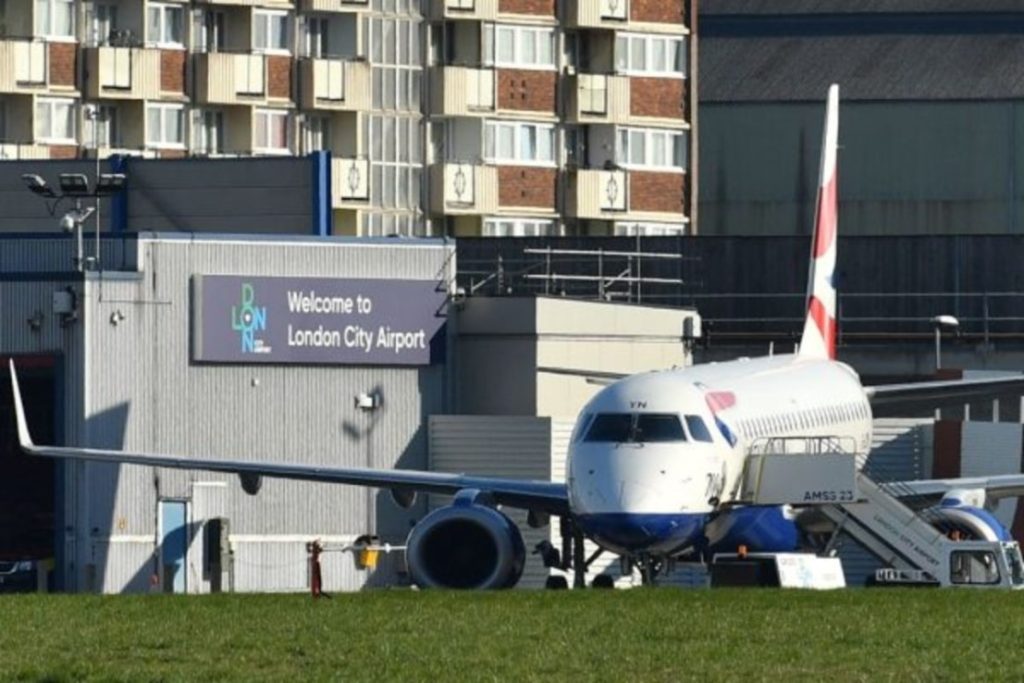Macquarie Group, the Australian infrastructure heavyweight, is poised to strike a multibillion-pound deal that would reshape ownership of three major UK airports. According to a report in the Sunday Times, Macquarie is in the final stages of negotiating terms with the Ontario Teachers’ Pension Plan (OTPP), the current minority stakeholder in London City, Birmingham and Bristol Airports.
Current Ownership Structure
Under the existing arrangements, OTPP holds significant minority stakes across all three airports:
- 25% of London City Airport
- 27% of Birmingham Airport
- 55% of Bristol Airport
If the transaction closes, Macquarie would assume these shares, joining a growing roster of global investors in UK aviation. OTPP’s airport portfolio is valued at over £10 billion, underlining the scale of the deal under discussion.
Why the UK Airport Market Is Hot Property
Since international travel rebounded sharply after the COVID-19 pandemic, UK airports have become prime targets for infrastructure investors seeking steady revenue streams. Passenger numbers have surged across regional hubs:
- London City Airport saw traffic rise from 2.9 million to 3.4 million passengers last year, thanks in part to its proximity to the financial district.
- Edinburgh Airport, majority-owned by Vinci since April, reported record footfall and attracted a €1 billion-plus investment.
- Airport Solutions Group’s sale of Aberdeen, Glasgow and Southampton Airports to AviAlliance highlighted growing appetite for UK regional assets.
With capacity expansion plans approved for London City last August, the runway is set for future growth—making now an opportune moment for Macquarie to strike.
Deal Structure and Valuation
Details on the valuation that Macquarie is proposing have not been disclosed. Sources told the Sunday Times that the two parties are “close to an agreement,” but cautioned there is no guarantee the talks will reach a conclusion. Key points include:
- Macquarie is finalizing terms with OTPP, which has explored divesting stakes in European airports including Copenhagen and Brussels.
- The deal would transfer OTPP’s existing shares in the three UK airports to Macquarie, consolidating Macquarie’s footprint in the aviation sector.
- Macquarie is said to be conducting due diligence on each airport’s financial performance, regulatory environment and expansion plans.
Analysts estimate that such a package could be worth between £2.5 billion and £4 billion, depending on final agreed multiples for EBITDA and traffic forecasts.
Regulatory and Financial Hurdles
Despite optimism, the transaction faces several headwinds:
- Birmingham City Council bankruptcy: The local authority, co-owner of Birmingham Airport, entered a restructuring process in 2023, raising concerns over governance and future funding commitments.
- CMA approval: The UK’s Competition and Markets Authority must vet the deal to ensure it does not harm competition or consumer interests.
- Market volatility: Fluctuations in oil prices and economic uncertainty could affect passenger growth forecasts, impacting final valuations.
Macquarie, London City Airport Ltd. and Birmingham Airport Holdings have all been approached for comment but declined to discuss the ongoing negotiations.
Strategic Implications for Macquarie
A successful acquisition would bolster Macquarie’s airport portfolio and diversify its revenue streams across three key English regions. The strategic benefits include:
- Exposure to London’s financial corridor via London City Airport, a niche hub catering to business travellers.
- Access to the Midlands market through Birmingham Airport, positioned as a major cargo and passenger gateway.
- Presence in the South West with Bristol Airport, serving both leisure and business segments and benefiting from regional growth initiatives.
By leveraging its global infrastructure expertise, Macquarie can implement operational efficiencies, upgrade facilities and negotiate new airline partnerships to drive passenger traffic and revenue.
Next Steps and Timeline
Insiders suggest the following timeline for completion, subject to agreement by all parties and regulatory clearance:
- June–July: Finalize heads of terms and complete due diligence.
- August: Submit merger notification to the CMA.
- September–November: Await regulatory feedback and close the transaction, pending any remedies or undertakings required.
If all goes smoothly, Macquarie could assume control of these stakes before the end of the year, expanding its role in UK aviation and setting the stage for further investments in European transport infrastructure.
